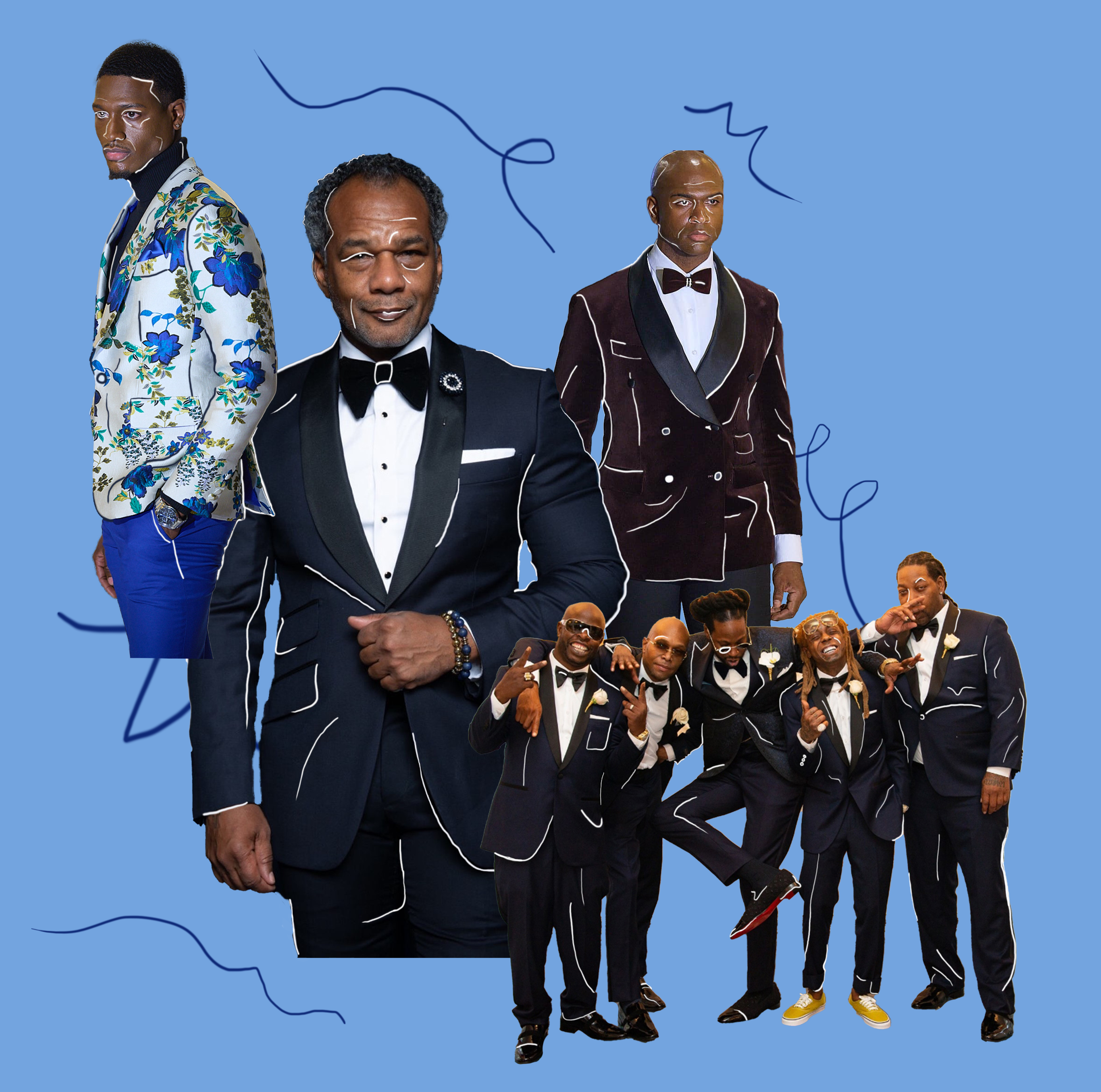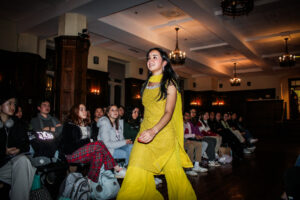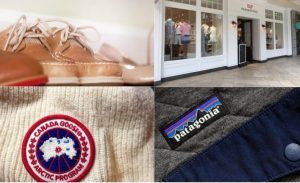Fashion is far more than just the clothes we wear. At its core, it’s a vessel for imaginative feats of self-expression and a conduit for social change. Equipped with a philosophy of activism through fashion, fashion designer and philanthropist Miguel Wilson has challenged the boundaries of men’s formalwear.
Born and raised in Washington, D.C., Wilson is an award-winning fashion designer specializing in men’s event and formalwear. While he has styled his fair share of high-profile clientele—including 2 Chainz and Lil Wayne—the foundation of Wilson’s design work is exemplified through his self-titled wedding line, the Miguel Wilson Collection. The collection’s slogan, “Because it’s his day too,” reveals his focus on grooms’ fashion with the primary goal of celebrating the groom on his special day.
On Jan. 18, Wilson’s signature designs were center stage in the historic inauguration of Gov. Wes Moore, Maryland’s first Black governor and only the third elected Black governor in U.S. history. Wilson told the Voice that in approaching the occasion, he wanted to ensure the governor looked his absolute best, a process significantly directed by the vision of First Lady Dawn Moore, as he recognized that this event carried historical significance far beyond himself.
“It was very meticulous, very thought out, and planned in how it would look that day. And I would say that the end result was very presidential,” Wilson said.
For Wilson, no other event has been as consequential: “I don’t know that there’s anything that compares.”
Wilson brings this philosophy of personalization and client collaboration to all of his work. He entered the wedding fashion industry in 2011 after observing that, from the glamorous shopping process to the gown, the bride is often highlighted at the cost of the groom. After all, it’s not Say Yes To The Suit.
“Brides typically have a much better experience in terms of shopping for their gowns,” Wilson said. “I wanted to offer grooms a similar experience, as well as nicer options and attire for weddings.”
Wilson wants to challenge how, due to industry and social standards, grooms are usually less invested in their wedding attire’s sentimentality. A bride’s gown often remains a keepsake long after her wedding; in contrast, grooms are more likely to simply rent a tuxedo.
“The groom shouldn’t be the one looking like he’s just a visitor when in fact it’s his day too,” Wilson said.
His outlook has resonated with many, as the collection has been met with warm reception; with four store locations, business is booming, says Wilson. But the success of the Miguel Wilson Collection did not come without its share of obstacles.
Wilson’s career as a designer began in 1993—he filed for bankruptcy after over a decade in business, in 2011. He’s since had to reflect on and learn from his mistakes while rebuilding and rebranding his company. One of the most valuable takeaways he’s had is realizing the importance of providing quality service, beyond just clothes shopping.
Alongside the sleek suits, Wilson’s storefronts offer another key aspect of wedding preparations—a chance for the groom and his guests to bond. The stores have a “groom’s lounge” allowing the husband-to-be to relish in the experience of shopping, complete with complimentary drinks. The day is capped off with a “roast and toast,” a session of lighthearted jokes and odes to the groom. Wilson intentionally curates every detail of the groom’s consultation, from beginning to end, to embody that spirit of joy he believes should accompany such a momentous occasion.
“Not too often do men get a chance to hear their friends tell them how proud they are of them, how much they love each other,” he said. “That, to me, is one of the best things I’ve ever created.”
Wilson’s design philosophy centers care for his clients and intentionally prioritizes identifying and creatively rectifying the existing pitfalls within men’s fashion. He prides himself on pushing the boundaries of typical men’s fashion, encouraging his clientele to experiment beyond their comfort zone, especially when it comes to incorporating color.
“If you go through most men’s closets, you’ll see them be inundated with black, grays, and blues,” Wilson said. “One of the things I do is create clothing and looks incorporating color in ways most men don’t realize can work for them, until they wear it.”
Another hallmark of Wilson’s style is a polo-esque design, a remnant of the impact his polo-playing had. He mentioned that as a child, the opportunity he had to ride horses was a privilege many of his peers weren’t afforded.
“Understanding how fortunate I was to be able to have horses to help change my trajectory in my life—I wanted to do the same thing for other kids,” Wilson said.
Wilson founded the Morehouse Polo Team and his foundation, Ride To The Olympics, which creates initiatives for kids to gain exposure to polo. He hopes in sharing his love for the sport, other children will use it as an outlet for creativity and expression.
Wilson also hopes to pave the way for aspiring Black designers to chase their dreams. He shared his disappointment in how Black designers are still underappreciated and underrepresented in the fashion industry. In 2020, only four percent of the members of the Council of Fashion Designers of America were Black. Wilson hopes that by creating a high-end formalwear brand, he can contribute to the positive representation of Black artists in the fashion industry.
“Generally, we don’t associate Black designers with luxury. That, to me, is a problem,” Wilson said. “So what I’ve done is made a calculated effort to change that narrative by creating luxury events and things in which other Black designers can be a part of things in front of, and see their things in front of, a crowd that buys a luxury.”
Through organizing and hosting events like the Atlanta Fashion & Polo Classic, an annual luxury event celebrating culture and fashion, Wilson hopes to continue to platform and celebrate the work of Black designers.
“We can create, develop, and design high-end clothing, because, at the end of the day, the African American market is really what defined what luxury is to begin with,” he added. “So if we can define it, then we can also create it.”





